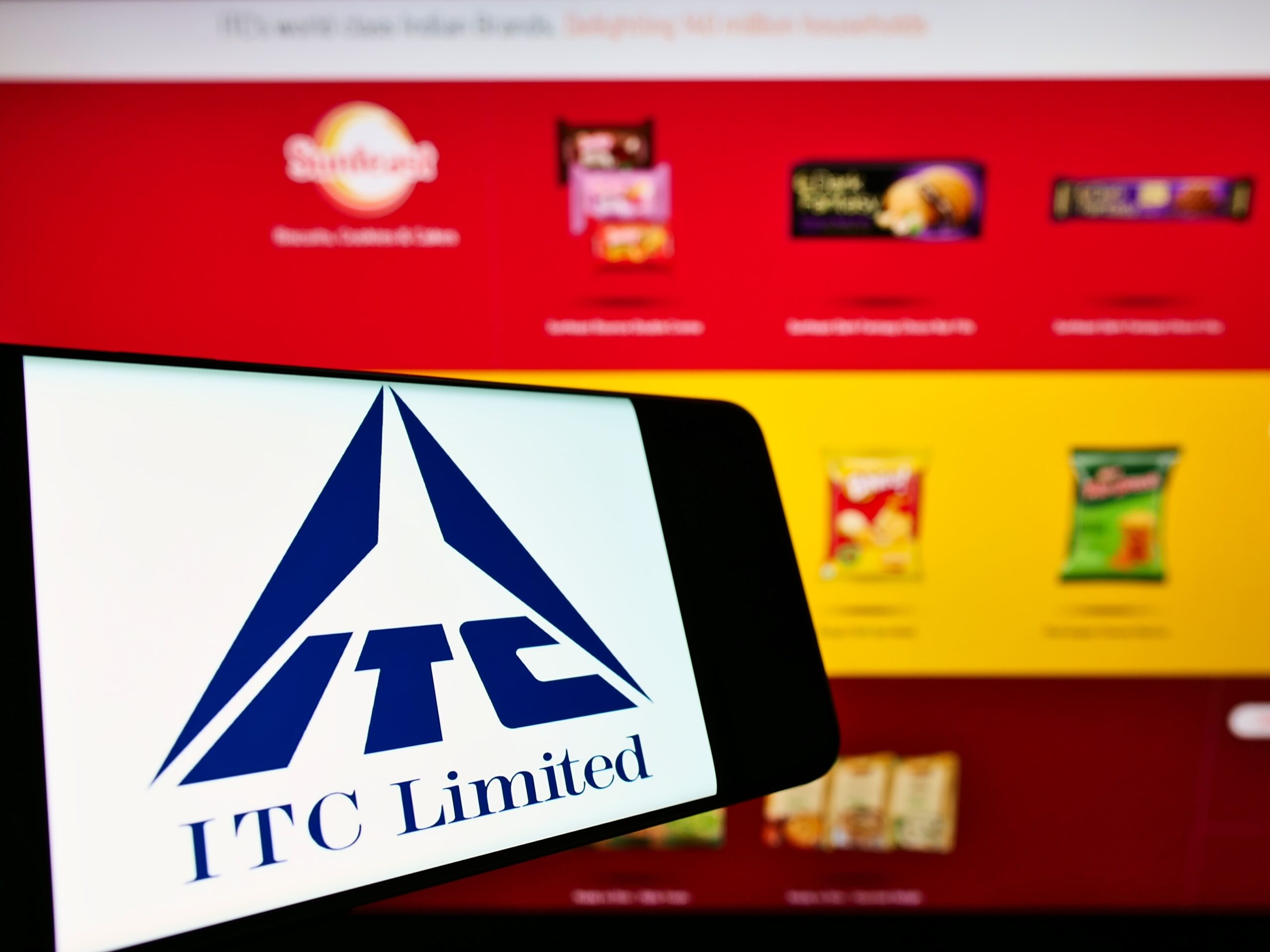
ITC, the Indian FMCG major, is launching a range of products into the country’s fledgling market for plant-based meat alternatives.
The company, best known in food for brands such as Bingo snacks and Aashirvaad kitchen ingredients, is rolling out “a host” of plant-based meat products, starting with burger patties and nuggets.

Discover B2B Marketing That Performs
Combine business intelligence and editorial excellence to reach engaged professionals across 36 leading media platforms.
ITC initially plans to sell the products in undisclosed large retail chains, as well as through e-commerce, in India’s top eight cities. The group is also targeting the foodservice market.
Hemant Malik, the chief executive of ITC’s foods business, said: “We want to enjoy the early mover advantage in India. The meat market is huge with 72% of Indians being non-vegetarians. Given the growing concerns around wellness and sustainability, India has the potential to emerge as a large market for plant-based alternatives.”
India’s market for plant-based meat is in its infancy but investors and entrepreneurs are, in the main, optimistic about the sector’s potential, even if there is some uncertainty about the real extent to which the market can grow.
Posting on LinkedIn today (6 January), Varun Deshpande, managing director of The Good Food Institute’s India office, highlighted a recent move by Indian food-delivery business Swiggy.

US Tariffs are shifting - will you react or anticipate?
Don’t let policy changes catch you off guard. Stay proactive with real-time data and expert analysis.
By GlobalData“I’ve written before about how incredibly surreal it is to see the smart protein sector take its first steps in the country, with start-ups and now mega food corporations entering the race for a more secure, sustainable, and just food supply. Here’s another step along that decade-plus long journey and the latest indication that the category is well and truly arriving: our friends at Indian delivery giant Swiggy’s convenience grocery service Instamart now lists ‘plant-based meat’ as its own category under ‘Meat’, in keeping with best practices from The Good Food Institute India and our global network – starting with two leading companies Blue Tribe Foods and GoodDot.”
He added: “As hundreds more start-ups enter the space, FMCG and agri-giants continue to make deep investments, government agencies provide key support, and venture capital flows into the sector over the next decade, it will become increasingly apparent that upgrading our protein supply ranks alongside renewable energy as a pillar of India’s green economy.”
Last month, UK-based data and analytics group GlobalData released figures it said showed the meat-substitutes market is set for global expansion, with the sector forecast to grow fastest in Australasia.
GlobalData is predicting the value of the worldwide meat-substitutes market – as measured by retail sales – will increase by 95% between 2020 and 2025 to US$11.9bn.
Sales are forecast to grow quickest in Australasia, with GlobalData estimating the value of the retail market will jump 570% to $912m in 2025.
Just Food, August 2021: India plant-based meat firm GoodDot Enterprises eyes UK, US after funding
Just Food archive: “It’s going to be a marathon and it’s going to be worth it” – weighing up the prospects for plant-based meat in India.
GlobalData classifies meat substitutes as: soy-based products; grain-based lines; those made from a single-cell protein such as fungi or algae; and ‘vegetable- or plant-based proteins’ such as those made from legumes.





